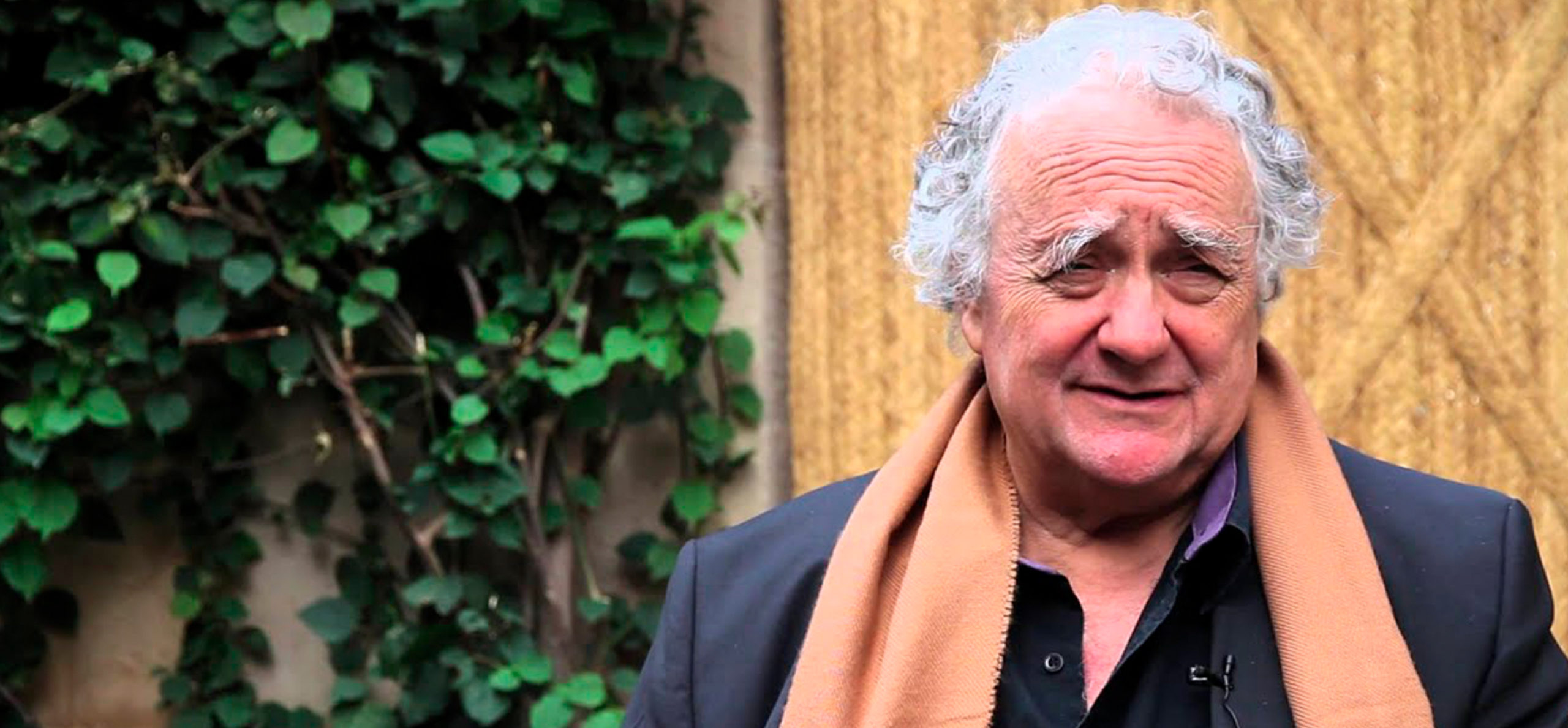A lot of information is produced and shared around the practices of successful people. However, more than advice, it is even more relevant to know what habits managers have, those leaders who make a difference in the industry.
Some advice such as discipline, the need to be informed, the importance of being a leader and not a boss, are some of the frequent readings that we have at hand to remember what things the pioneers, the CEOs of the most important companies, do well. of the world.
At Staff we gather a series of habits and practices that promise to be prodigious for any manager.
obsession with passion
In the Netflix documentary “Bill Gates under the magnifying glass” a human and professional facet of the Microsoft co-founder is shown, however, that professional facet is not so “ideal”, on the contrary, the obsessive way of living a passion.
The hobby for programming for Bill Gates began at a very young age. While his schoolmates played, Gates programmed; That difference that made him different from his peers, he turned into a difference for the world, an idea, a business that keeps him on the Forbes List as one of the richest men on the planet for more than fifteen editions.
Should obsession be a habit that is exposed as something positive? Obsession has always been shown as a not-so-kind practice, but for Bill Gates, his obsession with his passion was and is a trait that sets him apart and determines his history. Gates spent more than 14 hours doing the same, his experience was based on perfecting his expertise.
Outliers, a book written by Malcolm Gladwell, defines success in a particular and different way. In this edition, the author dares to propose and recount with examples of successful people through uncommon merits and outliers, how they achieved success. Next, we exalt some of them with real situations:
The experience
One of them is the experience , in which he proposes that people achieve success when they are experts in a subject. “Practice is not what you do when you are good. It is what one does to become good.” Her concept is based on doing a task 10 thousand hours; after spending this time repeating the same activity, you can become an expert. This highlights the success of Thomas Alba Edison, Bill Gates, Mozart, among other famous public figures.
Criterion
The second concept developed by Malcolm Gladwell is the criterion . He cites examples of how very intelligent people who are afraid to speak to authority or defend their ideas in public end up being common in their professions, but like others who may not be so “great” with clear criteria, convinced of what they want that is, they achieve success in their professional life. Arguing, defending one’s own ideas, not being afraid of the hierarchy, speaking to a manager as one speaks to a peer, is, according to Gladwell, essential to achieve success.
To procrastinate
Siempre se ha dicho que procrastinar está mal, que los millennials pierden tiempo valioso procrastinando y así, poco a poco, este término toma una “mala” fama; sin embargo, Adam Grant en su charla de TED: Los sorprendentes hábitos de los pensadores originales, expone cómo procrastinar en un punto de la curva asociada con el tiempo, es positivo.
Explica que cuando se inicia una tarea, y se deja abierta, las ideas giran en torno a este problema por resolver que dejamos en nuestra mente, y el cerebro se obliga a formular posibles soluciones; pues asegura que en estos lapsos llegan las ideas divergentes y muchas veces las ideas disruptivas.
Simplicidad
Perhaps, when talking about simplicity, for many, the Apple company immediately appears as a benchmark, or at least those who have had a product from this company know that its differential is this; but if Apple equals simplicity, it’s because Steve Jobs made it happen.
When Jobs returned to run the company from which he had been fired, one of the main things he did was: simplify its product offering . This in order to have fewer products, which were the best: focus the brand’s message on a differentiated identity.
Jobs defended that it was not necessary to have so many products by segments; he defended the fact of focusing the company on compelling objectives, on having less variety, and yes, more quality. Thus, his collaborators were more focused and marketing was better optimized. In the words of Steve Jobs: “ Simplicity is the ultimate sophistication”.



